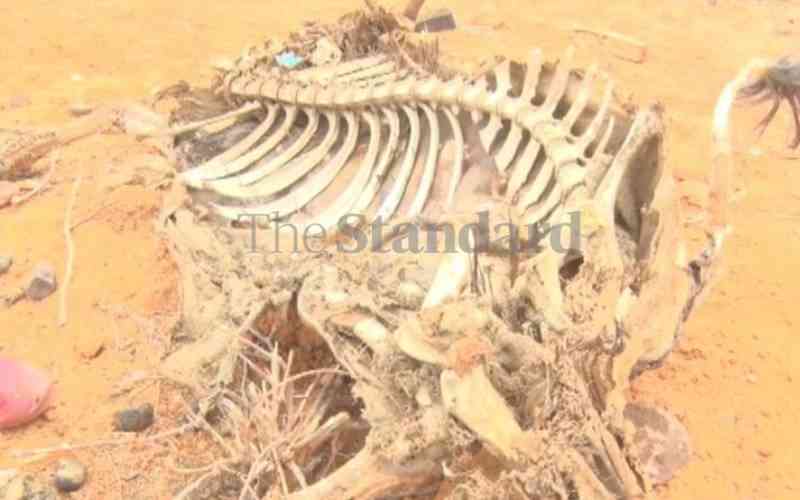×
The Standard e-Paper
Stay Informed, Even Offline

Barely one year after Sahara Noor completed her Kenya Certificate of Secondary Education (KCSE) at Khalalio Girls Secondary School, she stares at a bleak future after her parents were pushed into abject poverty by the ravaging drought.
Noor, 19, cannot enroll in any institution of higher learning since her KCSE result slip is being withheld at the school, owing to an outstanding fee balance.